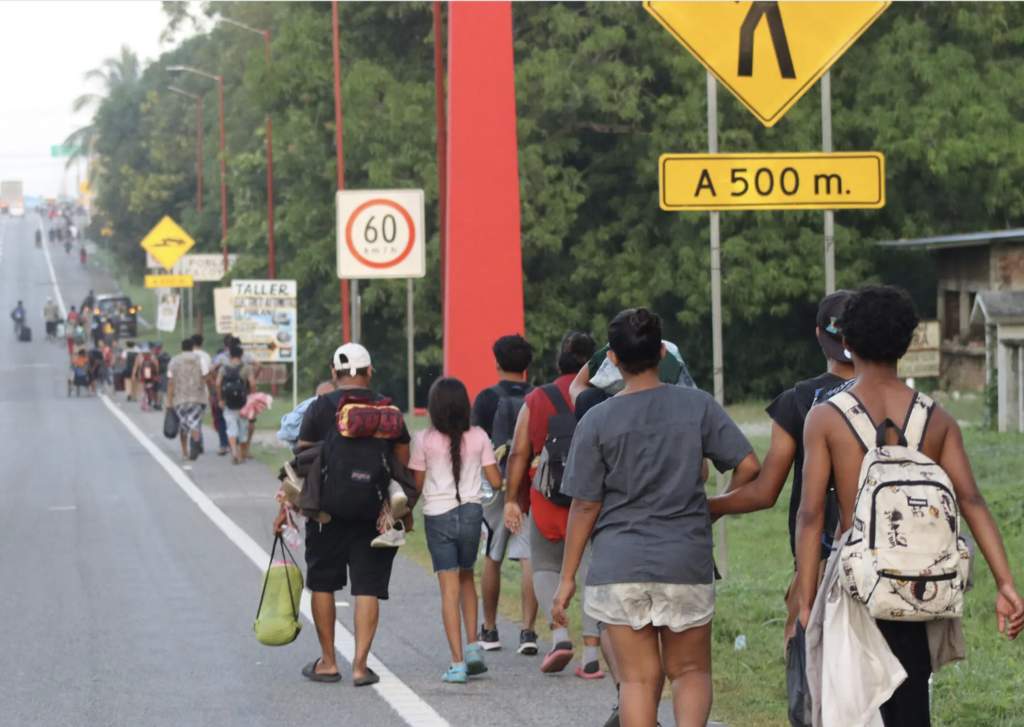The loss of almost two million inhabitants since 2022 places the Island in “refugee crisis” figures

14ymedio, Juan Palop, Havana, July 22, 2024 — The prestigious Cuban economist and demographer Juan Carlos Albizu-Campos warns in an interview with EFE that statistics about his country show it to be an “unreformable” system in the midst of a “humanitarian crisis” that is progressively approaching “implosion.” Albizu-Campos, who has just concluded a study that estimates that Cuba lost 18% of its population between 2022 and 2023, mainly due to migration, sees warning signs in many other indicators, such as the increase in child poverty, the rise in maternal mortality, the fall in life expectancy and the upturn in pregnancies among adolescents.
“There is an emergency situation that is beyond a health emergency, it is a humanitarian crisis,” says this expert, who believes that the situation “is serious and is getting closer to the point of implosion.”
“There is an emergency situation that is beyond a health emergency, it is a humanitarian crisis”
In the opinion of this expert from the Christian Center for Reflection and Dialogue (CCRD), the loss of almost two million inhabitants since 2022, out of a population of 10.5 million, places the Island in “refugee crisis” figures.
Last Friday, Juan Carlos Alfonso, first deputy head of the National Bureau of Statistics and Information (ONEI), acknowledged that between 2020 and 2023 there was a 10% drop in the number of residents on the Island and that “fewer than 10 million” people currently live here.
The pandemic, the tightening of the U.S. sanctions and failed economic and monetary policies in recent years have aggravated the structural problems of the Cuban economy, generating shortages of basics (food, medicines, fuel), daily blackouts, galloping inflation and an unprecedented migratory exodus.
“The insistence


